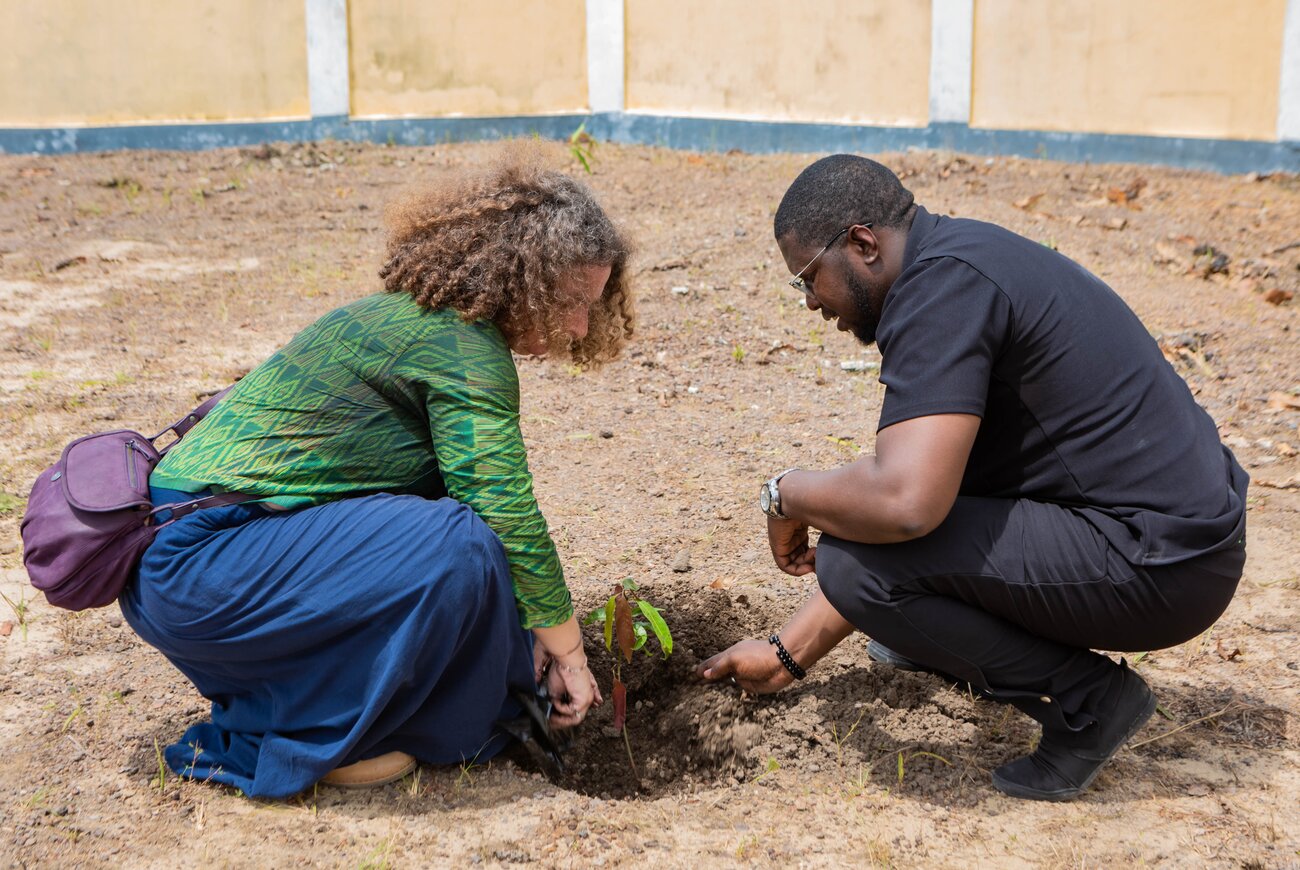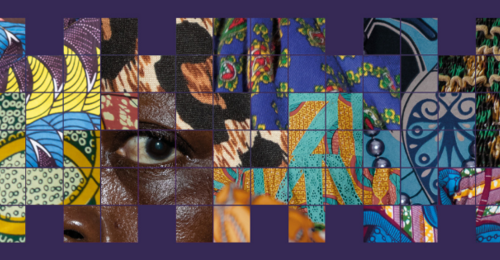Guinea
On 28 September 2009, a peaceful demonstration against the military junta at a sports stadium in Conakry was violently repressed by security forces. Many people were subjected to sexual violence. In September 2022, the trial related to the atrocities began in Guinea.
Two years later, a landmark judgment was delivered: former government officials, including president and junta leader Moussa Dadis Camara, were convicted by a national court for crimes against humanity, including sexual violence.
This historic decision marks the first time in Africa that a national judiciary has held former high-ranking officials accountable for crimes committed against their own citizens. Following the judgment, a presidential pardon was granted for Camara, sparking significant public debate. Nevertheless, the convictions represent a major step forward in the fight against impunity in Guinea and the broader African context.
I testified. It was not easy to speak to a judge and tell my story. But I was supported in doing so. I dared to do it.
2019
PROJECT BEGAN
160
SURVIVORS PARTICIPATING
1
LOCATION
Interim reparative measures co-created with survivors
Guinea was the site of our first interim reparative measures project in 2019. More than 100 survivors took part in the project, which ended in 2023.
Interim reparative measures co-created with survivors:
Survivors' centre;
Financial compensation for education or a housing project;
Medical care;
Pschological support;
A collective memory book;
Financial management training.

The project left a lasting impact on survivors and their families. Participants reported significant improvements in their quality of life, with many feeling physically healthier, more confident, and more hopeful about their future. Survivors also said the measures helped them prepare for the criminal trial, during which some testified and directly faced their abusers.
A full impact report is due to be published later in 2025.
From pilot project to national policy
Our pilot laid the groundwork for broader, national-level efforts. Survivors involved in the project, together with their legal counsel and local partners OGDH and AVIPA, played a key role in drafting a new reparations law. The then-justice minister requested our technical expertise and lessons learnt from the pilot to inform the law, and the national Steering Committee model was adapted to a wider context, ensuring survivor participation and leadership.
The draft law now awaits adoption by the government. It is aligned with international standards and reflects the lived experiences and needs of survivors. Importantly, the law addresses all serious human rights violations, broadening its reach beyond conflict-related sexual violence. This represents a major achievement: for the first time, Guinea is poised to establish a national reparations programme, shaped by survivors and tailored to their needs.
Survivor testimonies from Guinea
More from Guinea







